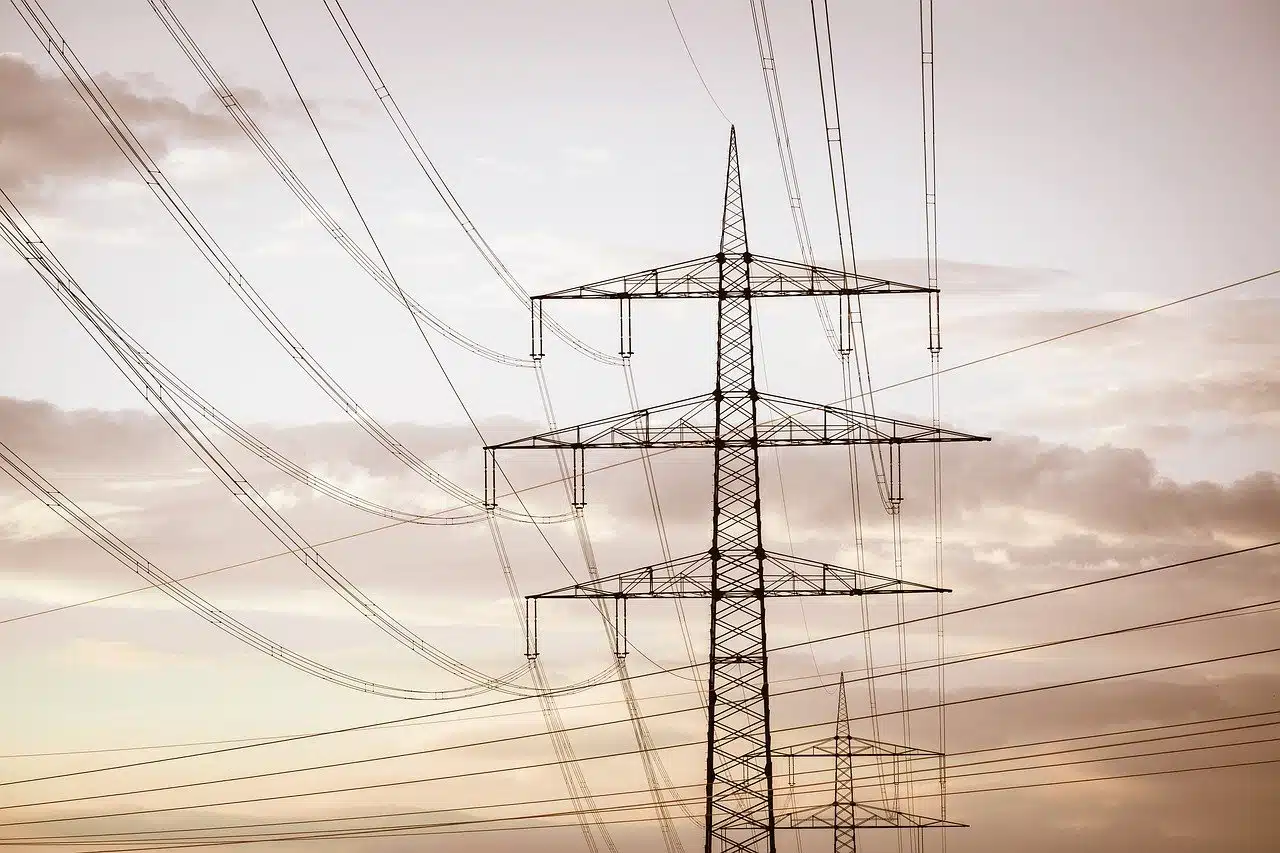
Electrical energy is generated from the potential difference between a pair of points.
Electrical energy is the type of energy supported by this property that arises from the potential difference between a pair of points . This difference allows an electric current to be established (that is, a flow of charge that passes through the entire structure of a material) between the two.
It should be noted that the ability to start a movement or cause something to transform is known as energy . The concept is also used to refer to resources of natural origin that can have an industrial purpose through the use of certain associated technologies.
On the other hand, electric (from Latin electrum ) is what deals with or is related to electricity . It is, according to experts, an essential property that is characterized by the repulsion or attraction that is generated between the portions of a matter, according to the presence of protons (with a positive charge) or electrons (whose charges are negative).
Electrical energy and conductors
An electrical conductor is known as the body that, upon coming into contact with another that is charged with electricity, manages to transmit it to all corners of its surface. Typically, electrical conductors have free electrons that allow the movement of charges.
It should be noted that electrical energy can be converted into light (luminous energy). When a switch is flipped, it encourages the movement of electrons through the conducting wire and closes an electrical circuit .
It is important to keep in mind that electrical energy can be generated in multiple ways and be reflected in a dynamo if it is a continuous current or in an alternator when it is alternating currents .

Electrical energy has multiple uses.
sunlight
One of the ways to obtain electrical energy is through sunlight , using special panels that are publicly known. This technique has existed for decades, and has been used in different areas. In the 80s and 90s, for example, so-called solar calculators were very popular, given their ability to operate without the need for batteries. However, its use required a considerable light source and the charge usually did not last long.
On the other hand, there are many houses that are supplied with energy from the sun to generate electricity and, although some try to hide or deny it , this has been possible for a long time. Germany is a country that is committed to this procedure, and its advances in the field are essential for us all to understand that it is not about using one hour of appliances a day; On the contrary, obtaining solar energy is a cleaner process, respectful of nature and, when the necessary money and dedication is invested in its research, as efficient or more efficient than the nuclear method, not counting the invaluable increase in terms of to safety .
Having said all this, it is important to understand that electrical energy is not necessarily harmful to the planet, but rather that the traditional way of obtaining it entails mistreatment of the ecosystem and a series of dangers that it is not necessary to face, given the help of the solar star.
Electrical energy in human life
Despite its widespread use and usefulness, electrical energy can be dangerous since, in contact with humans , it can cause death by electrocution.
Certainly, our evolution has turned us into a species incapable of subsisting without the help of artificial light or heating, without the shelter of a house (generally built by other people) or without medicine, among many other things that force us to consider indispensable, such as animal meat. What would happen to us if the power supply was cut off for just a month?
